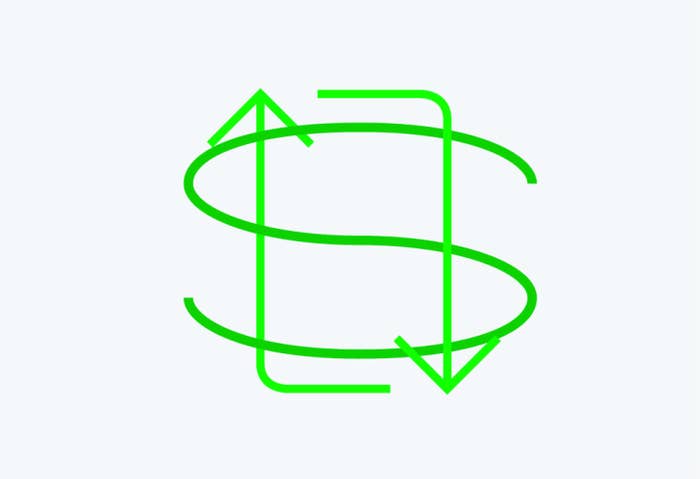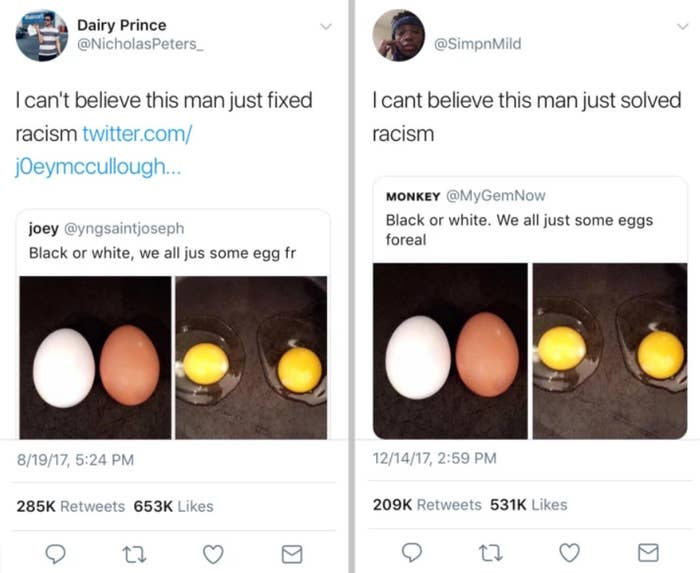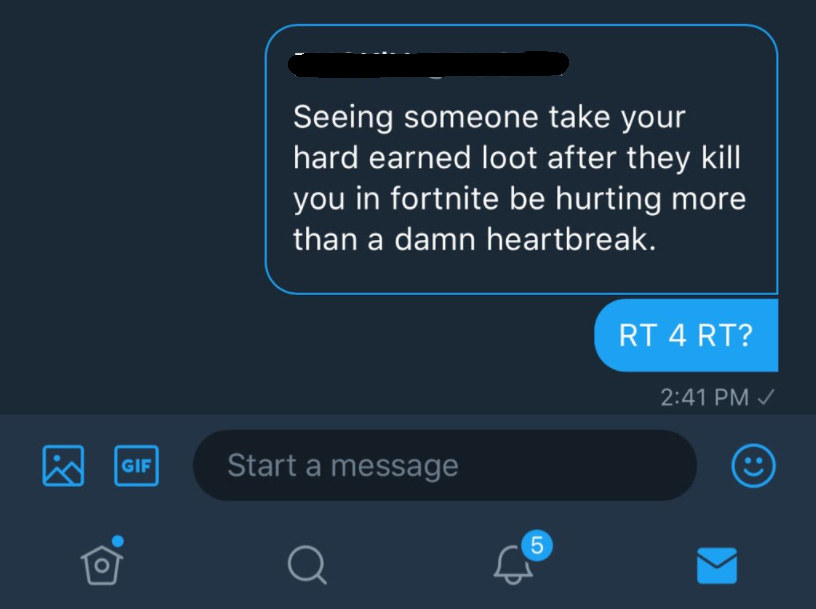
Twitter is making changes to Tweetdeck in an effort to fight spam, the company announced Wednesday, a possible major step toward eradicating the practice of "tweetdecking," in which mostly young users have made significant profits from selling retweets.
As part of the Twitter-backed social media management app's new changes, Tweetdeck users will no longer be able to select multiple accounts from which to automatically retweet a tweet.
This feature was a crucial one to the tweetdeckers, who would form exclusive Tweetdeck groups in order to automatically mass-retweet each others' (usually stolen) tweets — and paying customers' tweets — into manufactured virality.
The Tweetdeck changes come after BuzzFeed News uncovered the practice of tweetdecking in a January story, in which multiple tweetdeckers said they make hundreds — or even thousands — of dollars thanks to the practice.

The Tweetdeck changes are part of a larger effort by Twitter to eliminate spam on the website, the company said.
"To be clear: Twitter prohibits any attempt to use automation for the purposes of posting or disseminating spam, and such behavior may result in enforcement action," Yoel Roth, manager of trust and safety at Twitter, wrote in a blog post.
Roth also said the Tweetdeck changes were "an important step in ensuring we stay ahead of malicious activity targeting the crucial conversations taking place on Twitter — including elections in the United States and around the world."
The changes will put a ban on "posting duplicative or substantially similar content, replies, or mentions over multiple accounts you control."
Tweetdeck has already removed automated retweeting capabilities from its platform. Third-party apps and services that allow similar automated retweeting features have until March 23 to comply.

The Tweetdeck changes have the potential to be catastrophic for the entire practice, one tweetdecker told BuzzFeed News.
"Tweetdecking is over. Our follower gains are gonna diminish," Andrew Guerrero, a 23-year-old tweetdecker in New Mexico, said. (Guerrero asked that his account name not be disclosed since it could get him suspended.)
Tweetdecking will still be possible — though without automated retweets, it's going to get a lot more tedious. Some tweetdeckers are already reorganizing through DM groups where they manually request retweets.
Others could switch over to third-party apps similar to Tweetdeck, like Hootsuite — but that could get them suspended come March 23.
These changes are likely to be less of a struggle for the bigger tweetdeckers "because they can still rely on their own activity," Guerrero said, while the smaller ones "that can’t pull much activity on their own will be gone or won’t be pulling the numbers they once used to."
"No one wants to trade retweets with someone that doesn’t have good activity, so yeah. It’s the end for a lot of deckers," said Guerrero.
"I’m surprised it took them this long to crack down on it," Guerrero said. "But I have good activity without tweetdecks, so I’ll still be around as long as the good Lord Jack Dorsey keeps my account alive."
In a separate move Wednesday, Twitter purged thousands of bot accounts, prompting several far-right Twitter users to report being suspended or losing thousands of followers, with conservatives dubbing it the #TwitterLockout.
A spokesperson for Twitter denied that the "lockout" had been politically motivated:
Twitter’s tools are apolitical, and we enforce our rules without political bias. As part of our ongoing work in safety, we identify suspicious account behaviors that indicate automated activity or violations of our policies around having multiple accounts, or abuse.
We also take action on any accounts we find that violate our terms of service, including asking account owners to confirm a phone number so we can confirm a human is behind it. That’s why some people may be experiencing suspensions or locks. This is part of our ongoing, comprehensive efforts to make Twitter safer and healthier for everyone.
